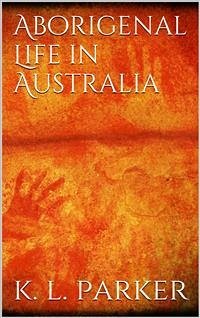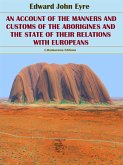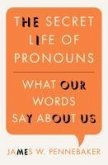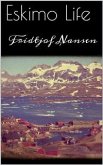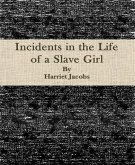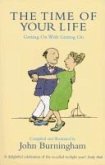No introduction to Mrs. Langloh Parker's book can be more than that superfluous 'bush' which, according to the proverb, good wine does not need. Our knowledge of the life, manners, and customary laws of many Australian tribes has, in recent years, been vastly increased by the admirable works of Mr. Howitt, and of Messrs. Spencer and Gillen. But Mrs. Parker treats of a tribe which, hitherto, has hardly been mentioned by anthropologists, and she has had unexampled opportunities of study. It is hardly possible for a scientific male observer to be intimately familiar with the women and children of a savage tribe. Mrs. Parker, on the other hand, has had, as regards the women and children of the Euahlayi, all the advantages of the squire's wife in a rural neighbourhood, supposing the squire's wife to be an intelligent and sympathetic lady, with a strong taste for the study of folklore and rustic custom. Among the Zulus, we know, it is the elder women who tell the popular tales, so carefully translated and edited by Bishop Colenso. Mrs. Parker has already published two volumes of Euahlayi tales, though I do not know that I have ever seen them cited, except by myself, in anthropological discussion. As they contain many beautiful and romantic touches, and references to the Euahlayi 'All Father,' or paternal 'super man,' Byamee, they may possibly have been regarded as dubious materials, dressed up for the European market. Mrs. Parker's new volume, I hope, will prove that she is a close scientific observer, who must be reckoned with by students. She has not scurried through the region occupied by her tribe, but has had them constantly under her eyes for a number of years.
Bitte wählen Sie Ihr Anliegen aus.
Rechnungen
Retourenschein anfordern
Bestellstatus
Storno

